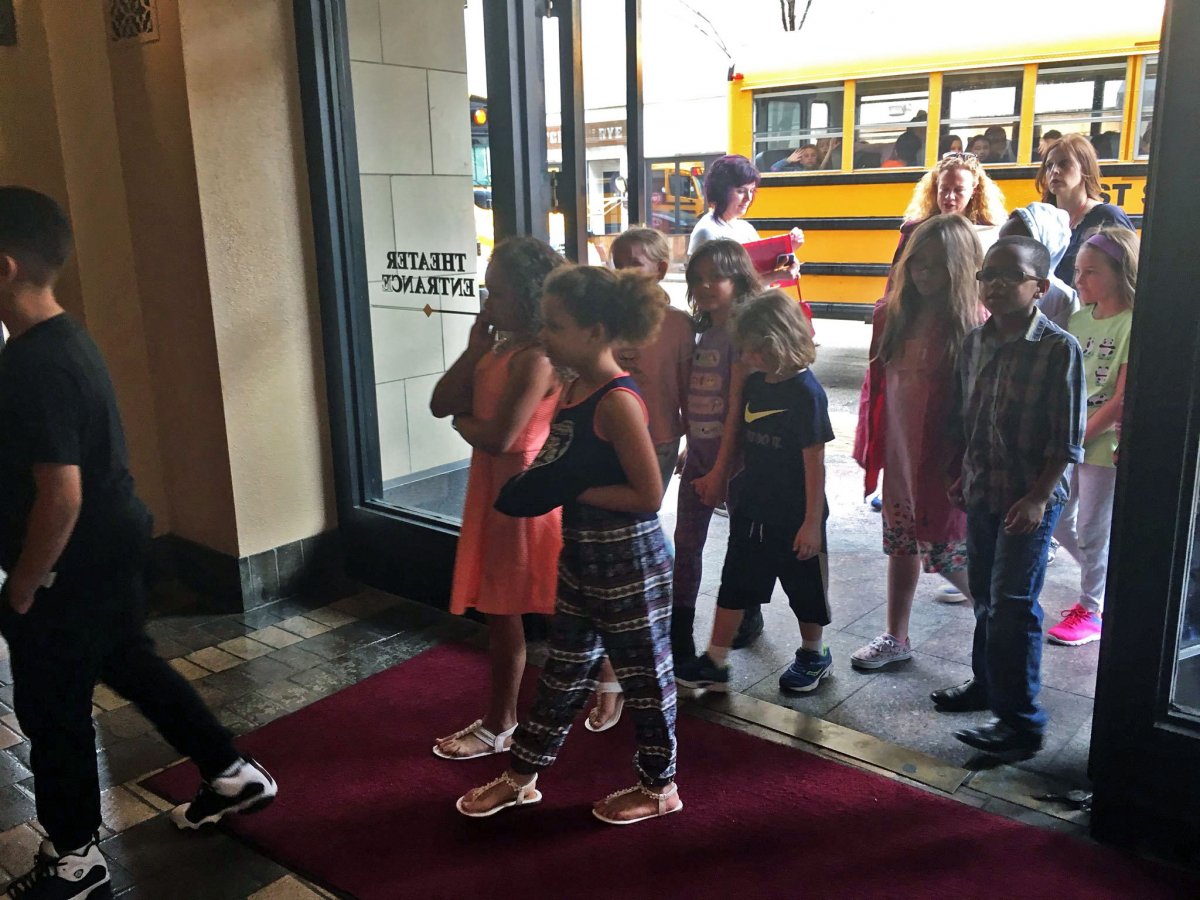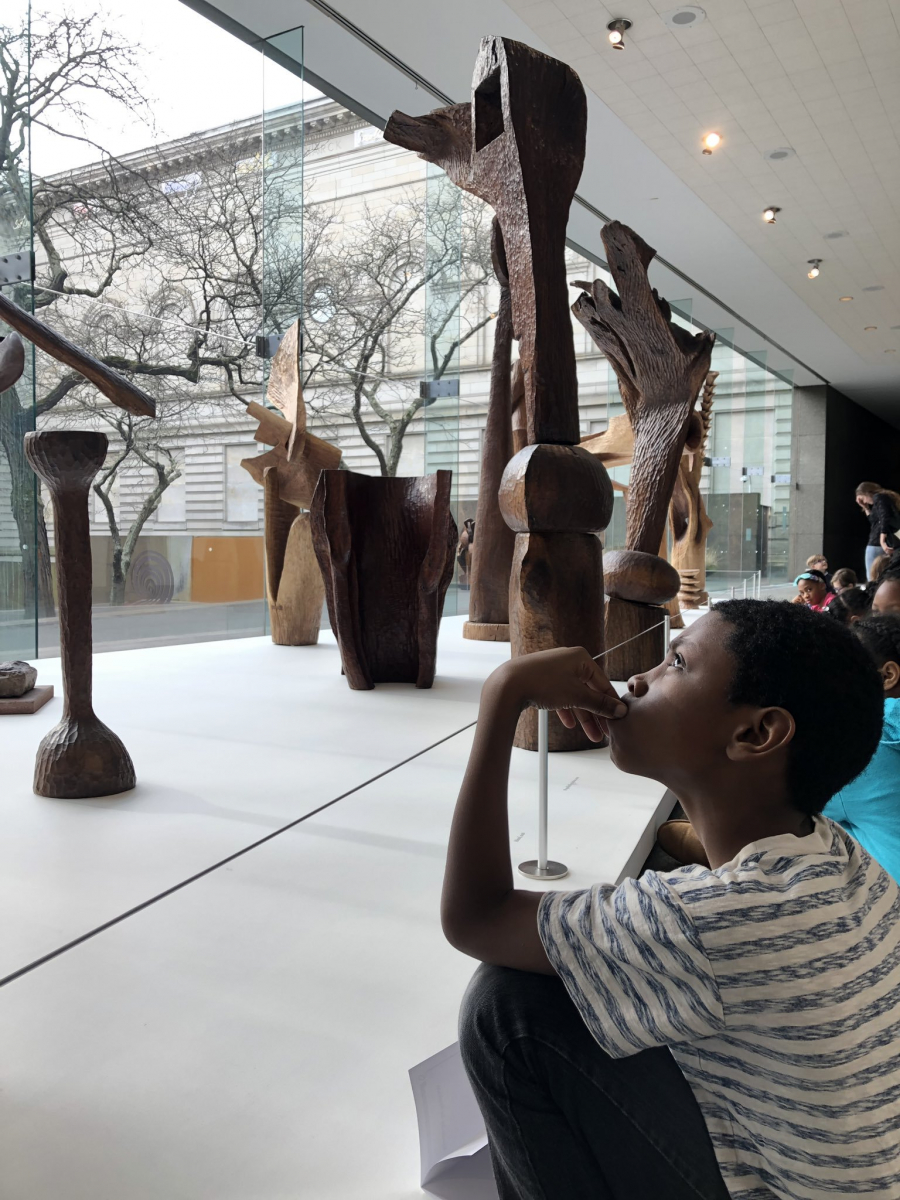Engaging Our Parents in the Arts
Posted by Apr 22, 2019

Dr. Kymberly M Cruz
I can remember my first field trip to a music concert at the Symphony Hall when I was in kindergarten. That sole field trip event hardly takes the credit for my entryway into the arts, but trust me, there were many more learning journeys that same year that shaped my appreciation and quest for wanting more of the arts. We were fortunate, when I was in school, to be able to take many field trips to countless arts centers and cultural venues; one: due to our school’s close proximity to downtown Atlanta, and two: field trips were insisted upon decades ago. Not to mention, my arts trajectory was shaped by my mother’s unwavering encouragement.
But in so many districts and schools today, arts and cultural field trips are in decline due to the prioritization of math and English-language arts curricula over other subjects. Scholar Jay Greene in the Importance of Field Trips mentioned, serving students an abundance program of math and reading test drills may not nurture student motivation to learn as well as [arts and cultural] enriching activities. And if cultivating (life-long) learners and student achievement is the goal, what field trips provide is a connection to the real world that stimulates the quest for more content knowledge equaling increased student achievement.

But this blog is more about engaging parents in the arts after a field trip experience. Once students return home after the day-long field trip, that’s when the meaningful engagement begins—when parents take part in their child’s learning. It begins with the child’s excitement to inform their parents of the field trip experience, an informal practice of transferring of knowledge—presented to parents from their very own children.
After the initial, exciting conversation is sometimes when the disconnect begins, and here’s why: there are some parents with limited experiences in participating in arts and cultural events or venues beyond their formative years. According to Falk and Dierking (2000), the best predictors of parents attending cultural arts events or venues are when they themselves were taken as children. However, parents can continue to promote cultural arts appreciation on the home front after their children have participated in school field trips.

So once the field trip is over, that’s when the meaningful learning engagement actually begins—true engagement between children and their parents. I offer a few suggestions:
- Encourage parents to serve as chaperones for a child’s class field trip.
- Schools, as well as museums/cultural organizations, could provide preparation and follow-up questions to encourage family engagement.
- Hold School Open House/PTA Meetings at a cultural venue rather than the school, including a tour and an excerpt from the play/concert/exhibition.
- Partner with arts organizations to provide parents with a “Family Pass” to return within a few days or weeks after the school’s field trip.
Let’s continue this conversation to generate more ideas for engaging parents in the arts.





